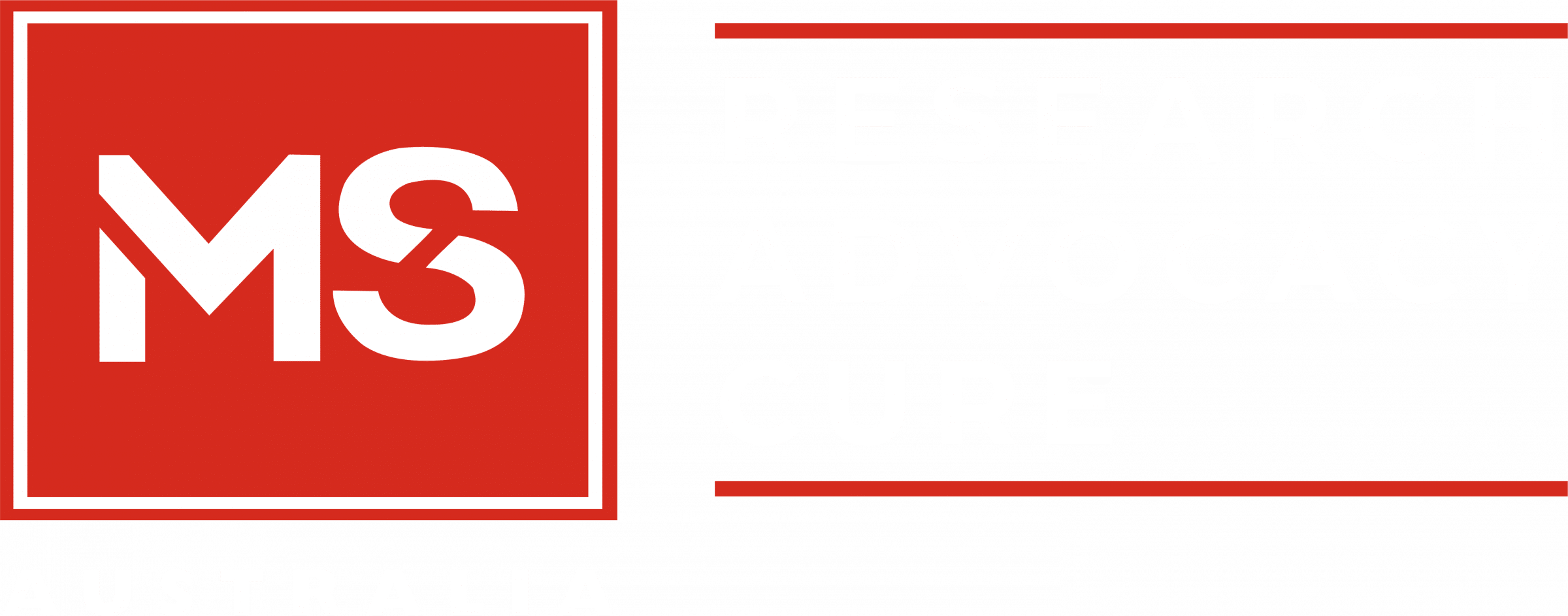
type of intervention
Interventional

recruitment status
Recruiting

region
NSW
type of ms
Primary progressive MS, Relapsing remitting MS
To investigate the acute effect of the UnderCool 2.0 cooling vest during high-intensity exercise in a heat sensitive MS population on; i) body temperatures and sweating, ii) feelings of exertion and hotness, iii) MS symptoms that are aggravated by heat, and iv) Concealability, comfort and functionality.
With a controlled, cross-over design, 20 participants diagnosed with MS will complete four high-intensity interval cycling sessions on separate days including familiarisation and three experimental trials with participants wearing either; i) an UnderCool 2.0 cooling vest, ii) a CryoVest Comfort cooling vest (current evidence-informed practice), or iii) no vest. The exercise sessions will be high-intensity interval cycling sessions of 45 minutes in controlled conditions (22°C, 40% relative humidity). Exercise intensities will be standardised across all trials.
It is hypothesised that compared to control, during high-intensity exercise, the UnderCool 2.0 cooling vest will:
1) Attenuate the increase in gastrointestinal temperature, mean skin temperature, sweat rate and heart rate
2) Attenuate the increase in perceived exertion, thermal discomfort and thermal sensation, and
3) Reduce perceptions of fatigue, pain, difficulty concentrating and urinary urgency
It is further hypothesised that compared to the CryoVest Comfort, during high-intensity exercise, the UnderCool 2.0 cooling vest will:
4) Improve perceptions of concealability, comfort, functionality and intention to use
5) Similarly attenuate the increase in gastrointestinal temperature, mean skin temperature, sweat rate and heart rate
6) Similarly attenuate the increase in perceived exertion, thermal discomfort and thermal sensation, and
7) Similarly reduce perceptions of fatigue, pain, difficulty concentrating and urinary urgency
20 participants with a confirmed diagnosis of MS (including both relapsing remitting and primary progressive) will be recruited from within the ‘MS Get a Head Start’ exercise program in Coffs Harbour, NSW. Inclusion criteria are: aged between 18-64 years; report being 3-5.5 on the Expanded Disability Status Scale (EDSS); be at least 12 months from last relapse; completed at least 5-weeks of the ‘MS Get a Head Start Program’ including recumbent cycling; self-reported the presence of fatigue and heat-sensitivity as part of MS symptomology.
Participants will be excluded if they are not cleared to perform high-intensity exercise as per the Exercise & Sports Science Australia Adult Pre-exercise Screening System and/or their general practitioner, or if they report any other condition that may affect thermoregulation (e.g. spinal cord injury, Parkinson disease). A need for analgesics or anti-inflammatory drugs within 72 hours of a trial will also be an exclusion criterion.
February 2022
Dr Christopher Stevens
Southern Cross University, 1 Hogbin Dr, Coffs Harbour, NSW, 2450
Australia
Phone: +61 2 6659 8036
Email: christopher.stevens@scu.edu.au
For more information, please see the ANZCTR website.
NSW
Yes
10/01/2022

